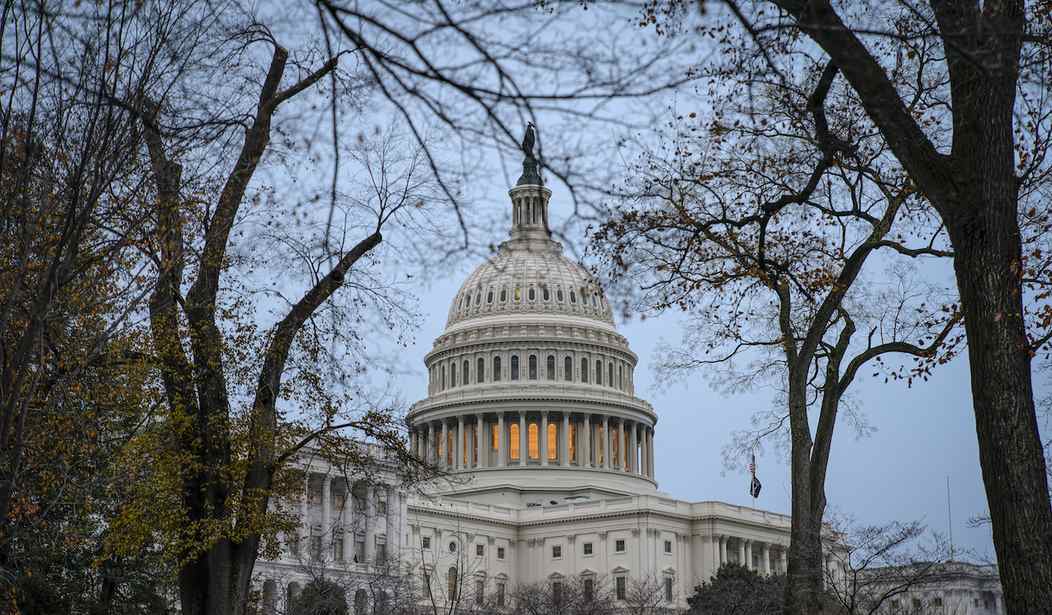The pharmaceutical industry has lost its lobbying edge, and Congress should ignore its latest, panicked rebrand, an all-out offensive against Pharmacy Benefit Managers (PBMs), the entities that manage health insurance prescription benefits. But before policymakers give credence to pharma’s narrative, they may want to look closely at the flailing trade association.
Last week, AstraZeneca became the third major pharmaceutical manufacturer to leave the industry’s largest trade association, the Pharmaceutical Research and Manufacturers of America (PhRMA), saying it wasn’t a “productive or effective use of (company) resources.” Similar explanations were given when AbbVie and Teva left the lobbying group in recent months. Indeed, drug makers suffered a very high-profile loss in the form of price controls included in the Inflation Reduction Act.
Therefore, when three pharmaceutical company executives sat with their PBM rivals at a recent Senate Health, Education, Labor and Pensions (HELP) committee hearing chaired by Senator Bernie Sanders, their biggest critic, they desperately pointed the finger away from themselves and toward PBMs. The next day Sanders’ committee marked up a bill to significantly increase federal regulation of PBMs.
The biggest of Big Pharma teamed up with the biggest proponent of Big Government to create a narrative that PBMs are “middlemen” who provide little value to patients. They hammered PBMs for a practice known as “spread pricing,” when a PBM reimburses a pharmacy at one price and charges the health plan they represent a different, often higher, price.
Recommended
Calls for more transparency around the contracting tools PBMs use are understandable. Many employers feel they are negotiating at a disadvantage if they don’t know how much of a rebate PBMs receive from manufacturers or how much they pay to pharmacies. But Pharma’s motivations deserve deeper scrutiny.
In the long run, is it really a good tactic for the trade group to call for a heavy-handed government intervention in the space? It wasn’t that long ago that the industry was happy to point out that net drug prices have not been skyrocketing as fast as many have perceived them to be.
Pharma, however, has gone all-in to paint PBMs as the villains in the drug pricing debate. The spread, and the closed-door contract negotiations that make PBMs opaque, give the misconception that something unfair is happening.
In reality, health plans have a choice. They can either choose to require PBMs pass through the price they pay a pharmacy directly to them (the plans) or opt for spread pricing. According to one survey, 41% of employers chose spread pricing in 2017.
However, Republicans and Democrats have to this point largely fallen for the Big Pharma narrative, moving to meddle in private contracts, remove businesses’ choice, and ban spread pricing. The bill passed the committee on an 18-3 vote. Those actions were followed up with a similar narrative at a House Oversight and Accountability Committee hearing this week.
PhRMA has invested billions in trying to get this message across. Analysis shows, “the pharmaceutical and health products industry has far outpaced all others in lobbying spending… The main drugmakers' lobbying group, Pharmaceutical Research and Manufacturers of America, remained the biggest spender within the health care sector.”
In this instance, the short-sighted strategy may not payoff. If Congress passes interventionist, anti-PBM legislation, costs may not go down. In fact, they could very well go up.
A University of Chicago study found that the very elements of the proposed legislation “can harm consumers by discouraging competition. The annual net costs of the potential anticompetitive effects of disclosure rules are likely in the tens of billions of dollars.”
Further, PBMs represent roughly 5% of the net revenues in the entire drug market, so cracking down on them can only impact drug prices so much. There is a reason Congress nixed a recent Trump-administration attempt to enact similar policies in Medicare: CBO said it would increase costs for patients.
If that happens after these reforms, PhRMA will be left holding the bag. And they’ll deserve the blame. In the long run, it’s not wise for the trade group to call for heavy-handed government intervention. Maybe that’s what AstraZeneca realized.
More importantly, falling for Big Pharma’s blame game by targeting PBMs won’t help everyday Americans get the care they need. That’s what Congress needs to understand.
Drew Keyes is the Senior Policy Analyst at the Paragon Health Institute. Prior to joining Paragon, Keyes served as a policy staffer on Capitol Hill for nearly a decade, most recently as a professional policy staffer for the Republican Study Committee (RSC) under Chairmen Jim Banks and Mike Johnson.

























Join the conversation as a VIP Member